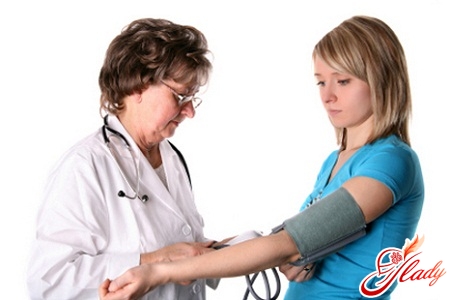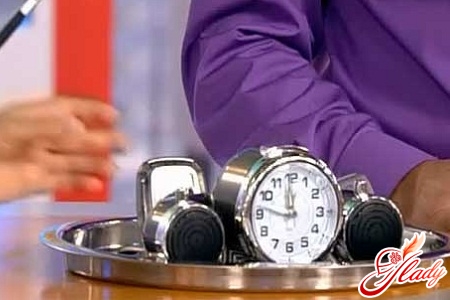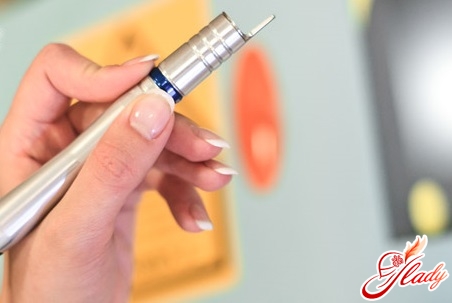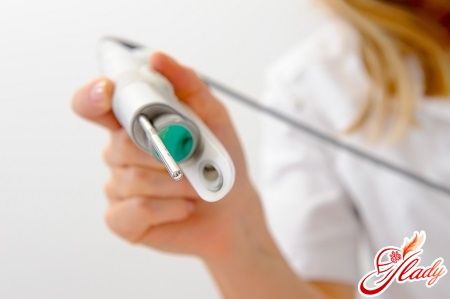 Low blood pressure, high heart rate, high blood pressure,low bullets - such complaints are often heard by physicians and cardiologists. And in any emergency and life - threatening situations, the first indicator, which is taken by doctors under strict and continuous control, is precisely the pulse. What is the pulse? Doctors describe this concept as follows: cyclic changes in the volume of blood vessels resulting from cardiac contractions. It has long been proven by doctors that for human health and the duration of its life it is most optimal that metabolic processes proceed economically, since in this case the heart of a person makes significantly less impacts during life. Therefore, if you care about your health, and are going to live a long life, be sure to keep your pulse under control. And the very first thing to do is learn how to correctly calculate the pulse. This skill can repeatedly be useful to a person throughout his life - how many people may need your help?
Low blood pressure, high heart rate, high blood pressure,low bullets - such complaints are often heard by physicians and cardiologists. And in any emergency and life - threatening situations, the first indicator, which is taken by doctors under strict and continuous control, is precisely the pulse. What is the pulse? Doctors describe this concept as follows: cyclic changes in the volume of blood vessels resulting from cardiac contractions. It has long been proven by doctors that for human health and the duration of its life it is most optimal that metabolic processes proceed economically, since in this case the heart of a person makes significantly less impacts during life. Therefore, if you care about your health, and are going to live a long life, be sure to keep your pulse under control. And the very first thing to do is learn how to correctly calculate the pulse. This skill can repeatedly be useful to a person throughout his life - how many people may need your help?
Pulse Measurement Features
At first glance it may seem that inmeasuring the pulse is nothing at all complicated. However, not everything is as simple as it seems - measuring the pulse, you can not disregard some of the features:
- Times of Day
Even in a healthy person, the frequency of cardiaccan significantly fluctuate during the day. The lowest pulse in a person is at night and in the morning. But the highest values of the pulse are characteristic for the evening time. Pulse fluctuations both in one direction, and in another can make up to 10 strokes - if the person thus nothing disturbs, doctors consider similar fluctuations as a natural physiological norm.
- Position of the human body
Equally important is the situationbody, in which the pulse is measured. If a person lies, then the frequency of his heartbeats will be much lower than in a sitting position, and even more so when standing. So, monitoring the work of the cardiovascular system, the pulse must be measured at the same time, in the same position - only in this case the results of the pulse count will be objective. Doctors recommend measuring the pulse as follows: in the morning, immediately after awakening, without getting out of bed. And very often people consider the pulse in a simplified scheme - count the number of strokes in 30 seconds and multiply by two. However, this approach is not entirely correct, since the heartbeat does not always occur with the same frequency. Therefore, it is much more reasonable not to save time, but to calculate all the same the number of heart beats in a full minute. Of course, sometimes you have to measure the pulse not only in the morning, but throughout the day. And so you need to know some features of measuring the pulse. For example, the pulse can not be measured in the following situations:
- In the first hour after taking medicines, alcoholic beverages, foods.
- In the event that a sick person experiences an acute sense of hunger or thirst.
- In the first hour after heavy physical exertion - training or work.
- After a massage, sex or exposure to high temperatures - a sauna or a beach.
- For diagnostic purposes, it is impractical to measure the pulse during menstruation.
Where is the most accurate measurement of the pulse? Doctors advise to measure the pulse on the radial artery. In order to find this artery, it is necessary to put a thumb slightly below the first fold located on the wrist. In order to measure the pulse, it is necessary to use three fingers: place the thumb pad on the artery itself, and the middle and index finger fix the brush in a fixed position. 
High heart rate
Most often, people complain of an increased heart rate. Such a violation in the official medicine is called tachycardia. And with this disease, a high pulse at normal pressure occurs quite often. But, despite the fact that the pressure is absolutely normal, the heart rate can be over 90 times per minute. Doctors distinguish two varieties of this phenomenon, such as tachycardia:
Of course, not a single disease occurs just like that. This truth is also true for tachycardia - there are a number of factors provoking the development of tachycardia:
- Disorders of the central vegetative nervous system.
- Intoxication of the body: alcoholic beverages, medicinal and narcotic drugs.
- All kinds of pathological changes in the cardiovascular system and the heart itself.
- Different types of anemia - both chronic and acute forms of the flow.
- Different types of respiratory failure - acute and chronic, especially in children.
Of course, the increased pulse can not butaffect the health of a sick person. First of all, he has certain changes in his condition. The person feels a strong and rapid heartbeat, a pulse in the large arteries. Very soon after the rapid heartbeat, a person begins to feel very weak, perhaps even dizzy. Often a person has a sticky cold sweat, darkens in his eyes and there is a ringing in his ears. However, poor health is far from the most terrible consequence, which can lead to tachycardia. Because of the increased number of heartbeats, the work of the heart muscle becomes less effective, and therefore wears out much more quickly. And do not take it lightly - even if a person has an absolutely healthy heart, frequent attacks of tachycardia sooner or later provoke the development of acute or chronic heart failure. Well and in that case, if the tachycardia appears at the person who already has those or other problems with heart, the risk of development of such dangerous for human life conditions, as:
- Sudden arrhythmic shock.
- Cardiac asthma, caused by acute ventricular failure.
- Acute disruption of normal blood circulation of the brain, which is often accompanied by a sudden loss of consciousness during an attack of tachycardia.
Agree, not the brightest prospects. Therefore, do not ignore this condition - always consult a doctor who will choose the optimal treatment.
Treatment of tachycardia
The main treatment for tachycardia isnormalization of the way of life of a sick person. First, he must completely and completely abandon such harmful habits, as the use of caffeine, alcoholic beverages, smoking. And do not forget about the caffeinated products - cola, chocolate and others. As far as possible, it is also necessary to protect a person from all sorts of stressful situations and excessive mental overstrain. In addition, close attention should be paid to ensure that rest is in sufficient quantity, and excessive physical activity should also be limited. Drug treatment, a person who has a frequent pulse, should receive only according to the prescription of his attending physician. Despite the fact that the pharmacy sells a large number of different drugs designed to stop a tachycardia attack, they are all without exception an emergency aid, but not a cure. Yes, and even they must appoint a doctor who knows about all the features of the body of a sick person. In general, for the treatment of tachycardia, like many other heart diseases, doctors prefer to use pharmacological drugs that contain magnesium in their composition. The doctor will choose the drug that suits you and draw up a treatment plan. As a rule, treatment is done out-patient, at home. However, in rare cases, the doctor may insist on hospitalization - if the patient's condition is critical.









